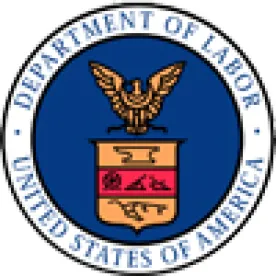As we have covered in the past blog posts last summer and updated in the fall, the Department of Labor (DOL) has proposed a controversial change to the overtime exemptions for white collar workers which would drastically increase the amount of the minimum salary required to be qualify as an employee “exempt” from overtime. The big question on the minds of companies all over the country has been when will the rule be effective?
According to the Semi-Annual Regulatory Agenda of Fall 2015, the final rule was to be issued by July 2016. However, on March 15, the DOL sent its final rule revising the white collar exemptions to the White House’s Office of Management and Budget (OMB), which will expand overtime eligibility for millions of workers across the country. Typically, the OMB review takes approximately 30-60 days. Therefore, the final rule could be published at any time in the next few months. DOL Solicitor of Labor M. Patricia Smith has stated that while the final rule may be published before July, they will provide for a grace period before implementation for at least 60 days thereafter.
It is still unknown what the final form of the rule will cover. Employers should expect the salary threshold to increase significantly (i.e., from $23,660 to an estimated $50,440), an annual inflationary increase in that base salary and perhaps changes to the duties requirements as well. With the changes just around the corner, employers should take steps now to determine the best course for compliance given the drastic changes in the exemption eligibility. We will keep you updated once the final rule is published.




 />i
/>i

